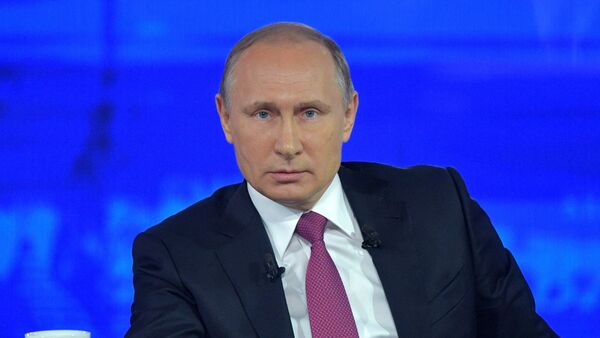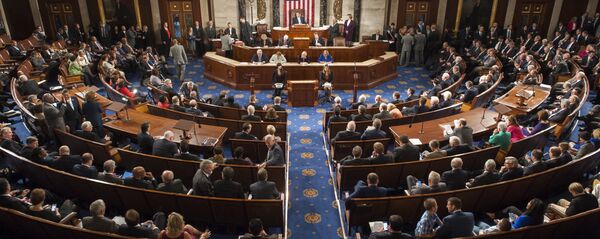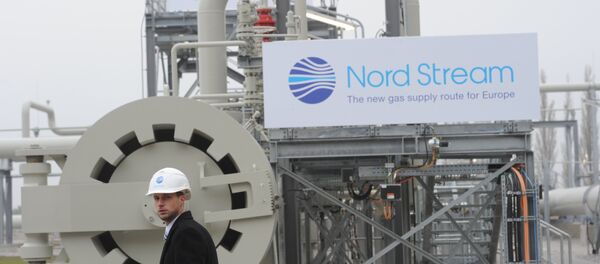France and Germany have so far spoken out against the bill that the US House passed overwhelmingly on Tuesday as one that adversely affects European industries while advancing US commercial interests.
"The Russian president makes foreign policy decisions, and we will inform you if and when they are adopted. All other statements are quite understandable," Peskov told reporters. "We are talking about extremely unfriendly manifestations, so the reaction is obvious."
The Kremlin will formulate its reaction to the new anti-Russia sanctions bill after careful analysis, Peskov added.
"In any case, our attitude to this will be formulated after careful analysis and the decision will undoubtedly be taken by the head of state, President Putin."
"Right now, we can say that the news is very sad, from the viewpoint of Russian-US relations and the prospects for their development, and no less disappointing from the viewpoint of international law and international trade relations," Peskov said.
In April, Gazprom's subsidiary Nord Stream 2 AG signed a deal with French Engie, UK’s Royal Dutch Shell, Austria’s OMV and Germany's Uniper and Wintershall, which agreed to provide part of long-term financing of the gas pipeline project, estimated at 9.5 billion euros ($10.6 billion).
The Nord Stream 2 project presumes the construction of two gas pipelines with a combined annual capacity of 55 billion cubic meters of gas. The new pipeline is planned to be laid along the existing Nord Stream pipeline route from the Russian coast through the Baltic Sea, on to a hub in Germany.




